The For-Profit Presidency, Month One
THE POLITICS BUSINESS--One month into the Trump administration, and it’s clear that there has been a wholesale corporate takeover of the government. (Photo above: President Donald Trump meets with pharmaceutical CEOs in late January.)
A day-by-day review of the administration’s first month shows that virtually every day there has been a new, extraordinary grant of power to corporate interests and/or another development in Donald Trump’s get-rich-quick-scheme known as the American presidency.
America has never seen anything like this, and it’s only the first month.
Poorly attended though it might have been, the inauguration itself was a paean not just to the new president but to his corporate backers. Corporations that have pending business before the president -- AT&T, Bank of America, Boeing, Chevron, Deloitte, JPMorgan Chase and United Parcel Service – were among the top funders of the inauguration and surrounding festivities. We still do not know the full list of donors to the inauguration.
New President Trump signaled his intent to deliver on the corporate wish list by signing two executive orders, one designed to start the process of destroying the Affordable Care Act and another freezing all regulatory activity for 90 days. The regulatory freeze included public protections already finalized but not yet published in the Federal Register. One such rule would protect the public from five tons of mercury discharges every year.
It’s been downhill since then.
President Trump has assembled what is probably the least qualified and certainly most corporate cabinet of all time. Although the unqualified and hostile-to-his-agency nominee for Secretary of Labor Andy Puzder was forced to withdraw, the rest of Trump’s corporate cabinet has been or seems likely to be approved. By way of reminder, this list includes: [[ http://corporatecabinet.org/ ]]
- The former CEO of Exxon Mobil, Rex Tillerson, remarkably now the Secretary of State, despite virtually no qualifications for the job and a lifetime career leading the corporation that has done more to impede action to address catastrophic climate change than any other.
- A slew of former Goldman Sachs executives – hailing from the Wall Street giant that Candidate Trump attacked by name as embodying corporate-government corruption, including Treasury Secretary Steven Mnuchin, chief strategist and white supremacist Steve Bannon, and chief economic advisor Gary Cohn. Reports The Independent: “Its shares have been Wall Street’s leading performers and hit a ten-year high close on Tuesday as investors banked on friendly policies coming from a White House filled with several former Goldman employees.”
- Tom Price, the new Secretary of Health and Human Services, who has engaged in dubious pharmaceutical stock trades while a Member of the House of Representatives. Price wants not only to dismantle the Affordable Care Act, but Medicare itself. He refuses to say that every American has a right to health care, only that they have a right to “access” to health care – which means they should get it if they can pay for it. Pay or Die.
- Betsy DeVos, the megafunder of the Republican Party, who made herself the butt of countless late night jokes with her pathetic confirmation hearing performance and claim that schools need guns to fend off grizzly bears. DeVos is a supporter of privatizing public schools, and has herself invested in for-profit school ventures in the past.
Having a corporate cabinet has apparently not satisfied Trump’s yen to hang out with the corporate elite. Trump started his first full weekday in office with a breakfast meeting with CEOs of a dozen corporations including Arconic, Corning, Dell, Dow Chemical Company, Ford Motor Company, International Paper, Johnson & Johnson, Lockheed Martin, SpaceX, UnderArmour and U.S. Steel. Later in his first month, he would meet with: auto company executives (environmental regulations are “out of control,” Trump said); Big Pharma CEOs (75 to 80 percent of FDA regs should be cut, Trump said); his Wall Street-dominated Strategic and Policy Forum, made up of a dozen-and-a-half corporate executives; and airline CEOs (where Trump supports privatizing air traffic control).
It’s not just meetings and personnel. The Trump administration is off to a roaring start on delivering the goodies to Big Business.
It has taken care of its Dirty Energy friends. By Executive Order, Trump overturned Obama measures to block the Keystone and Dakota Access Pipelines. A few days later, the Army Corps of Engineers granted Energy Transfer Partners the final permit it needs to complete the Dakota Access Pipeline. It has also put in place measures of other pipelines and fossil fuel projects, and is expected in the coming days to announce measures to upend the Environmental Protection Agency.
It is taking care of its Wall Street friends. Trump has signed executive orders aimed at unraveling and repealing an Obama administration Labor Department rule requiring financial advisors to give advice based on their customers’ best interests. The Labor Department rule, if adopted, will save consumers $17 billion a year in rip-off fees and bad advice. Contemplated changes in Dodd-Frank rules, the Wall Street Journal reports , will enable the six biggest banks to return $100 billion of reserves to shareholders. A staggering gift to the shareholders – at the cost of making the financial system far, far more unstable, insecure and prone to another 2008-style meltdown.
The interim chair of the Securities and Exchange Commission has even launched a review of the congressionally required pay-ratio rule – which will require companies to disclose the ratio of pay received by CEOs and their median worker wage – an important but mechanical reporting requirement that Fortune 500 companies have nonetheless claimed will cost them a staggering amount of money.
And the administration has commenced its full-fledged assault on health, safety, environmental, worker, consumer, financial security, civil rights and other regulatory protections. It has issued an executive order that aims to block the issuance of any such measures. The regulatory executive order directs federal agencies to repeal two federal regulations for every new rule they issue, and requires that any cost to industry of new rules be offset by savings from repealed rules. In this crazy scheme, regulators are not permitted to consider the benefits of rules. No one thinking sensibly about how to set rules for health, safety, the environment and the economy would ever adopt this approach – unless their only goal was to confer enormous benefits on Big Business. That is indeed the goal here.
(With the Natural Resources Defense Council and Communication Workers of America, Public Citizen has sued President Trump and the administration to have this executive order overturned.)
Meanwhile, Congress has been hard at work serving the interests of Corporate America, as well. Congressional Republicans are prioritizing a series to repeal regulations issued in the last six months of the Obama administration. With many more to come, two such measures have passed both houses and been signed into law. The most recent was a rule to protect streams from coal waste. The first, amazingly, was an anti-corruption measure that required oil, gas and mining companies to report their payments to foreign governments – a measure that now-Secretary of State Rex Tillerson lobbied against.
It makes poetic sense that Trump has gleefully signed the repeal of an anti-corruption measure. For accompanying Trump’s gift-giving spree to Corporate America has been an astounding series of actions making clear that his pervasive and consequential conflicts of interest will immerse the administration in a permanent miasma of corruption: the Nordstrom tweet, the new $200,000 fee to join Mar-a-Lago, the ongoing financial updates to President Trump on the Trump business, the Kellyanne Conway advertisement for the Ivanka Trump line of clothing, the apparent plans to massively expand Trump hotels in the United States, the conduct of presidential business at Mar-a-Lago, and on and on.
And on and on.
(Robert Weissman is the president of Public Citizen. Weissman was formerly director of Essential Action, editor of Multinational Monitor, a magazine that tracks corporate actions worldwide, and a public interest attorney at the Center for Study of Responsive Law. He was a leader in organizing the 2000 IMF and World Bank protests in D.C. and helped make HIV drugs available to the developing world. This piece was cross-posted originally at Common Dreams and Daily Kos)
-cw

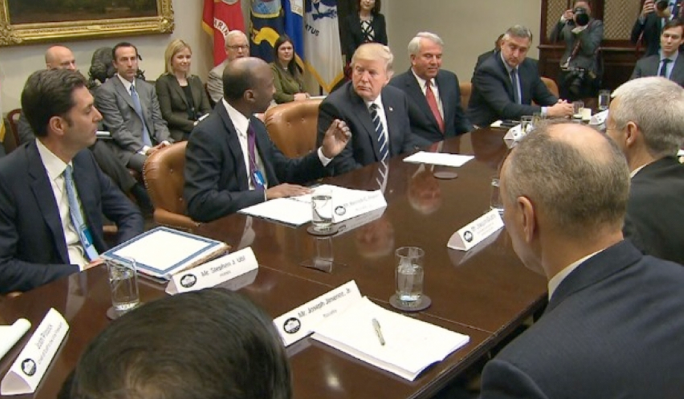

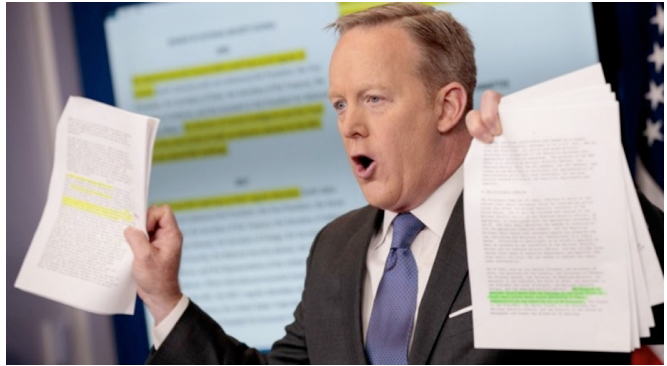


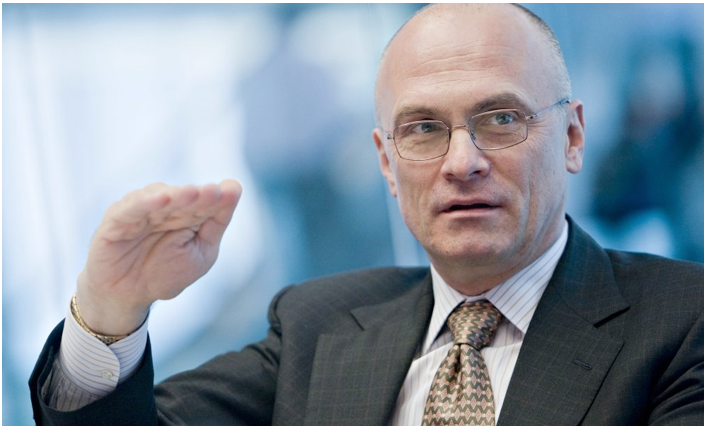
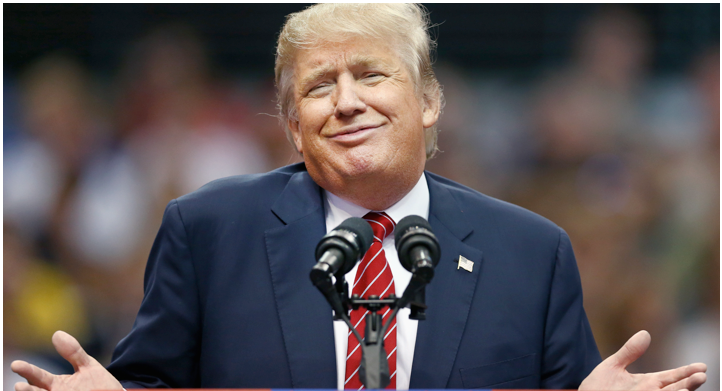

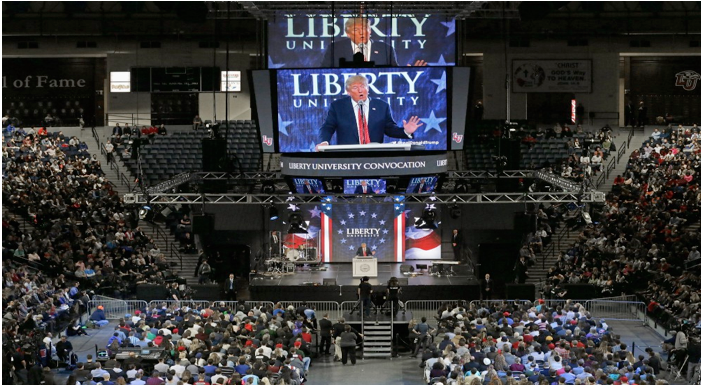

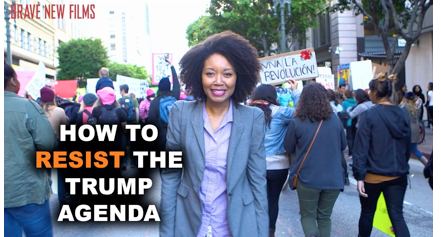
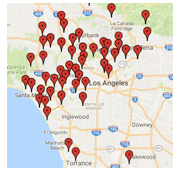 So how do you join the movement? It's simple. Go to the Indivisible website and click on the button that says
So how do you join the movement? It's simple. Go to the Indivisible website and click on the button that says 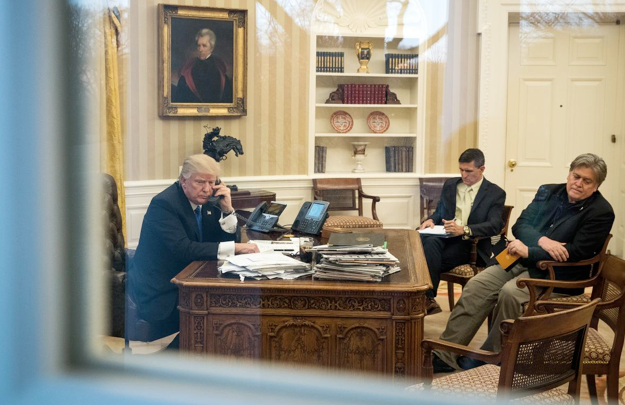
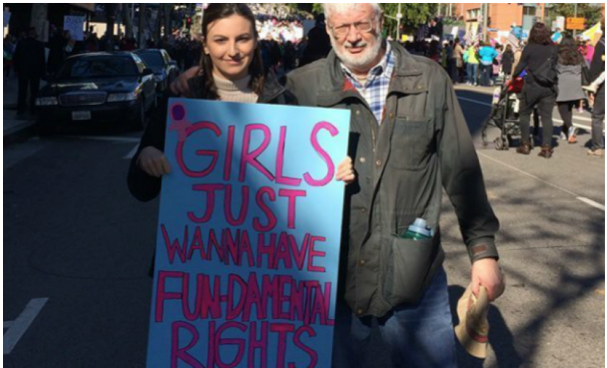

 If all five million Americans who protested that day got paid the federal minimum wage, and if people spent an average of five hours protesting, those patriotic rabble-rousers are owed a total of at least $181 million in unpaid protest wages.
If all five million Americans who protested that day got paid the federal minimum wage, and if people spent an average of five hours protesting, those patriotic rabble-rousers are owed a total of at least $181 million in unpaid protest wages. 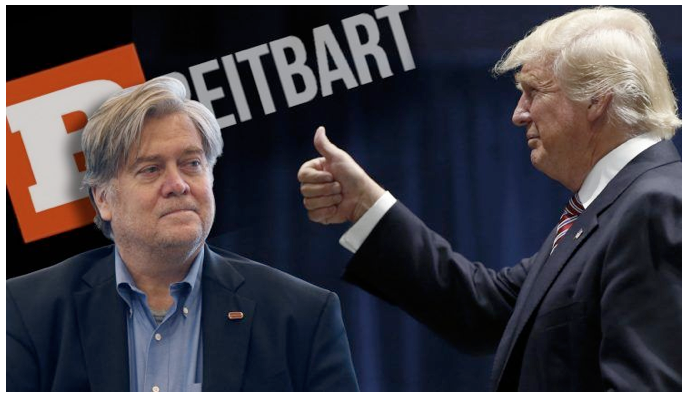

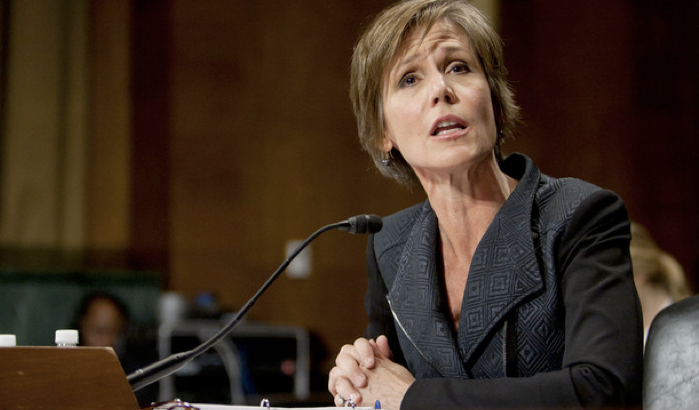
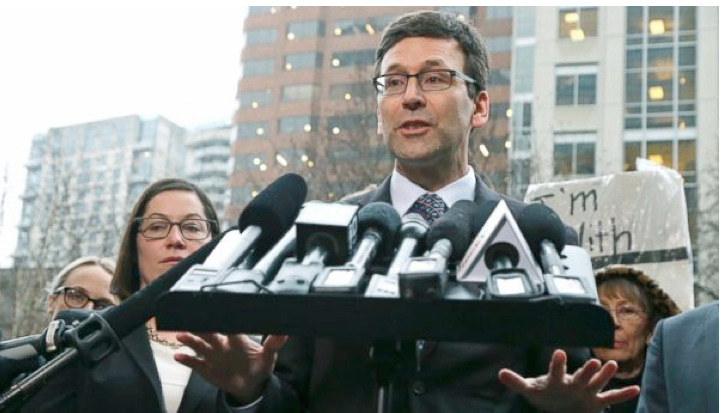


 Yes, well. The media quickly agreed they had, in fact, failed to cover it because it had, in fact, never happened. Turns out Conway was evidently
Yes, well. The media quickly agreed they had, in fact, failed to cover it because it had, in fact, never happened. Turns out Conway was evidently 
 A
A 
 The Ferrari California aligns with the state on the level of metaphor. California is famously the “Great Exception” among American states, as the 20th century author Carey McWilliams named it, and California is an exception among Ferraris. But the nature of that exceptionalism might surprise you; California is not the most expensive or the most glamorous or the fastest Ferrari.
The Ferrari California aligns with the state on the level of metaphor. California is famously the “Great Exception” among American states, as the 20th century author Carey McWilliams named it, and California is an exception among Ferraris. But the nature of that exceptionalism might surprise you; California is not the most expensive or the most glamorous or the fastest Ferrari. 














